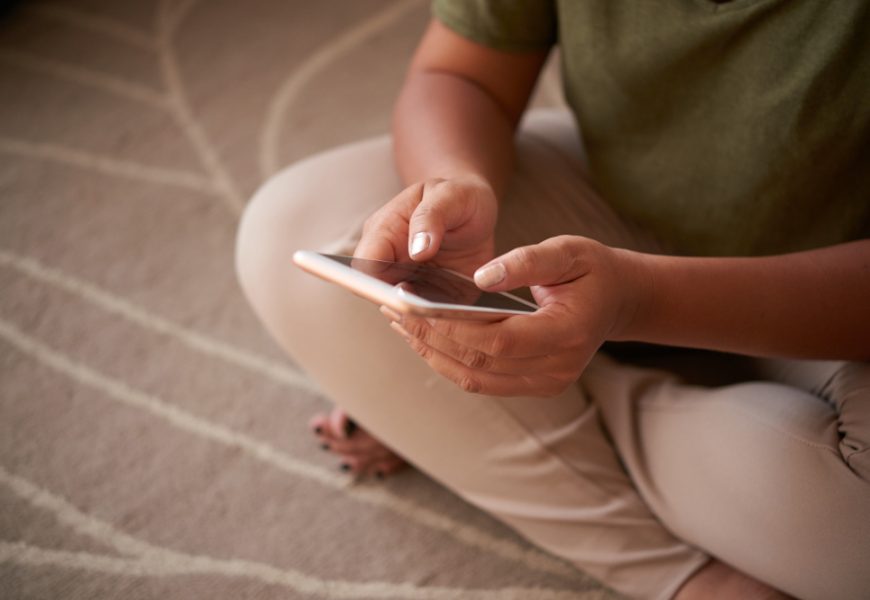In today’s digitally driven world, personal growth and self-development are no longer limited to journals, sticky notes, or traditional planners alone. While pen-and-paper methods still hold timeless value, modern lifestyles often demand tools that can keep pace with shifting schedules, complex tasks, and the constant influx of information. This is where digital planners, task managers, and goal-tracking applications have stepped in—not merely as productivity aids, but as catalysts for intentional living.
Unlike traditional planning methods, digital tools can synchronize across devices, provide real-time reminders, and create a system of accountability that extends beyond simple task organization. With platforms such as Todoist, Notion, Trello, and Google Calendar, individuals gain access to features that combine time management with reflective and motivational elements. Some offer habit formation modules, while others integrate progress dashboards or project milestones, giving users a tangible way to measure forward movement. This blend of organization and psychological reinforcement helps sustain long-term change, since progress is no longer abstract—it is presented visually and interactively.
Another defining strength of these digital platforms is their adaptability. Life is rarely linear, and goals often evolve over time. Digital planners allow for quick adjustments, such as rescheduling, reprioritizing, or adapting strategies without erasing past progress. For example, if someone is working on balancing professional tasks with fitness goals and personal learning projects, a single app can centralize these different areas, eliminating the feeling of fragmentation. In this way, these tools become more than assistants—they function as personal development ecosystems that reflect the complexity of modern lifestyles.
Moreover, through consistent use, such platforms encourage users to cultivate accountability and self-reflection. Many apps include journaling spaces, check-in prompts, or progress reviews, which encourage deeper awareness of one’s habits and decisions. Rather than serving as a rigid productivity system, these tools provide individuals with a structured yet flexible framework that adjusts to human needs. They bridge the gap between discipline and creativity, giving people the freedom to pursue sustainable growth while also managing the demands of an ever-connected world.
Exploring the Expanding Universe of Meditation, Mindfulness, and Well-Being Applications as Essential Complements to Organizational Tools
While productivity tools empower external structure, they are not sufficient on their own to foster holistic self-development. The mental and emotional aspects of growth require equal attention, especially in an era where information overload, constant notifications, and digital fatigue have become daily realities. This is where meditation, mindfulness, and overall well-being apps step in to complement organizational platforms—creating a balance between doing more and being more present.
Meditation apps such as Headspace, Calm, Insight Timer, and Balance have gained popularity because they make ancient practices of mindfulness accessible in modern contexts. Designed to guide users through short or extended meditation sessions, these apps offer a buffer against the stress and distraction of digital life. The advantage lies in their versatility: one can choose sessions for stress reduction before work, breathing techniques during breaks, or sleep aids before bedtime. By placing these tools on the very device often responsible for distraction, they turn technology itself into a gateway for presence and calm.
Beyond meditation, many well-being apps now provide integrated features such as gratitude journals, mood tracking, and sleep cycle analysis. Gratitude practices encourage positive psychology by shifting attention from what is lacking to what is present, fostering resilience and emotional balance. Mood tracking helps individuals identify patterns over time, making it easier to understand triggers and improve emotional regulation. Sleep support features, meanwhile, tackle one of the most overlooked aspects of personal development: adequate rest as the foundation of cognitive and emotional clarity.
What distinguishes these applications is their scientific backing. Many incorporate research from psychology, neuroscience, and behavioral science to refine their offerings, ensuring that the practices they deliver are evidence-based. This adds credibility and reassures users that they are engaging with tools designed not just for commercial interest, but for measurable well-being outcomes. In effect, these apps transform mobile devices from sources of constant stimulation into resources that encourage intentional pause, emotional awareness, and restorative practices.
Ultimately, the synergy between digital organization and digital mindfulness allows for a more complete self-development journey. Productivity without awareness can lead to burnout; mindfulness without intentional structure can result in stagnation. But when used together, planners, trackers, and meditation apps create a dual system: one that supports external achievements and internal equilibrium simultaneously.
Self-development in the modern age is increasingly shaped by how effectively individuals navigate digital environments. Digital planners and task managers provide structure, accountability, and clarity—supporting the external frameworks of productivity and progress. Meanwhile, meditation and well-being apps attend to the inner dimensions of health, balance, and emotional resilience.
Together, these tools highlight a powerful shift: technology is no longer just an instrument for efficiency, but a bridge to more intentional living. When approached with discernment and balance, digital resources can help individuals cultivate habits, reflect on personal growth, manage professional and personal demands, and reconnect with the present moment. In an era defined by rapid change and constant connectivity, these tools offer more than convenience—they empower people to align with their values, adapt with purpose, and pursue authentic growth outcomes in every dimension of life.









